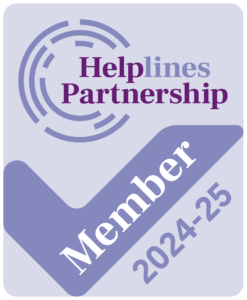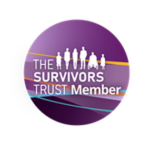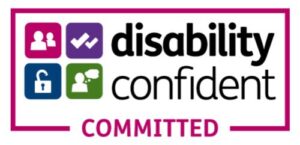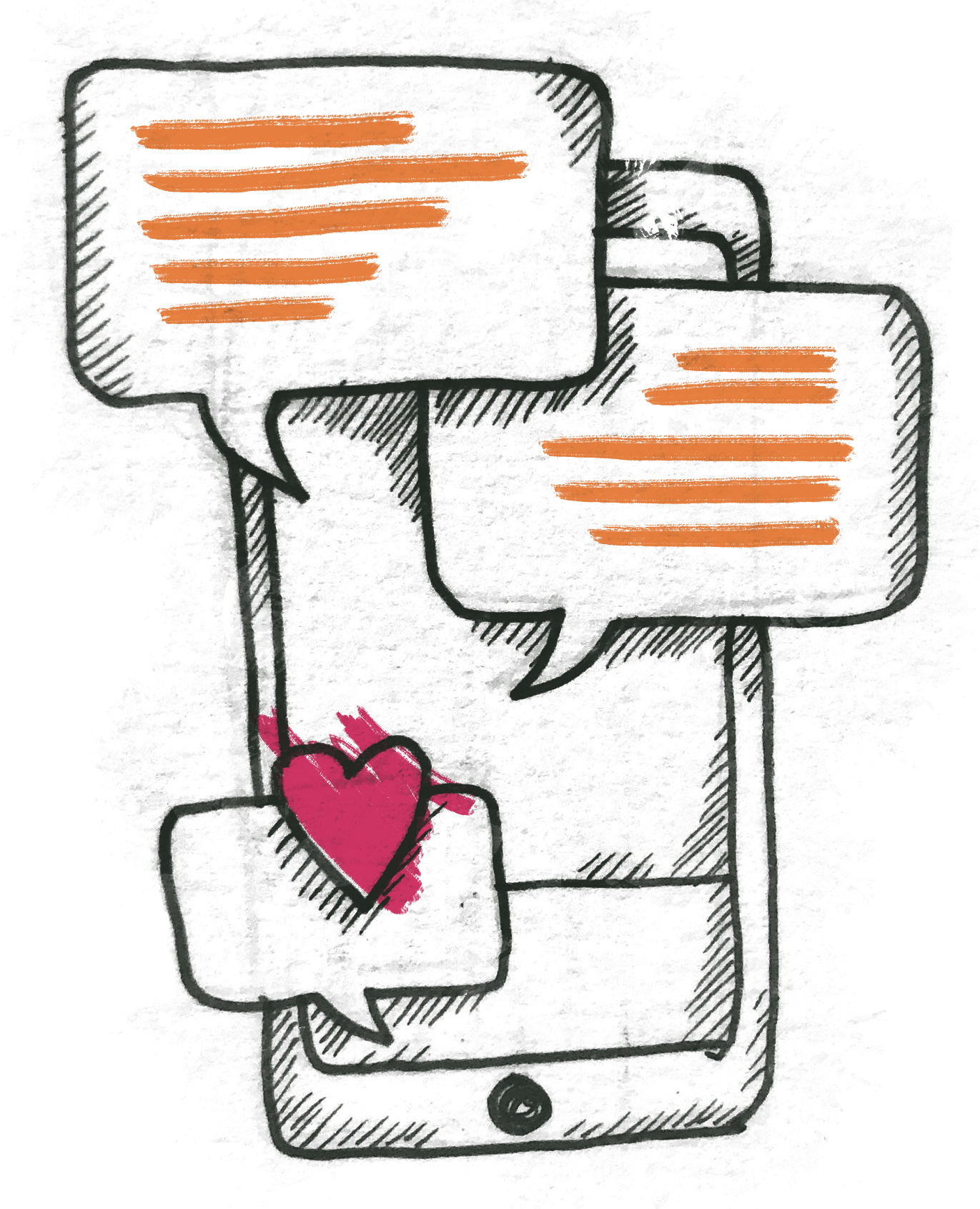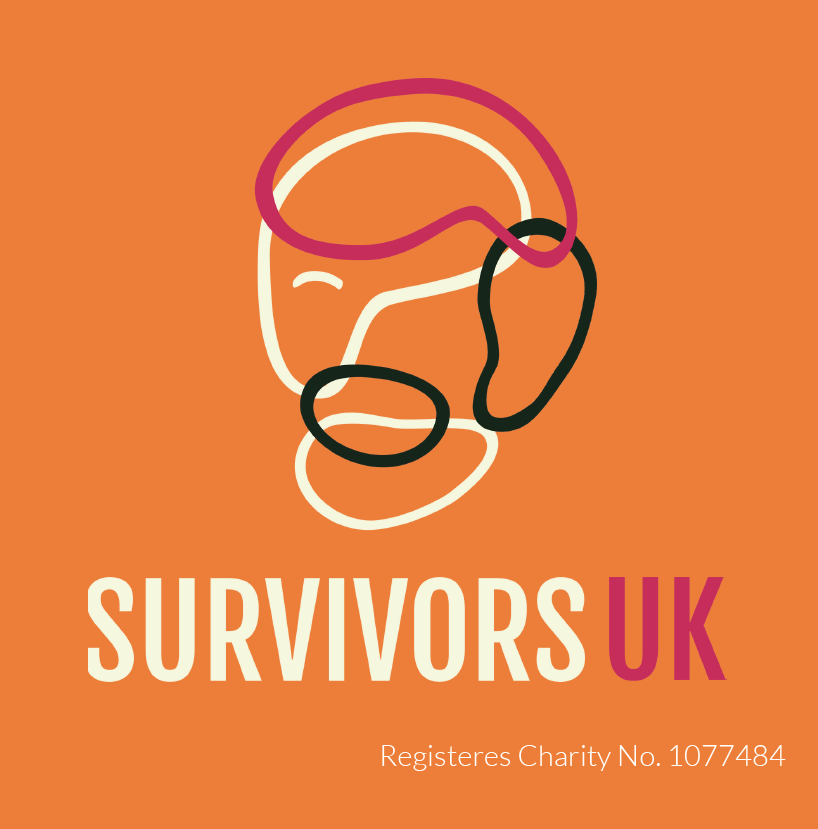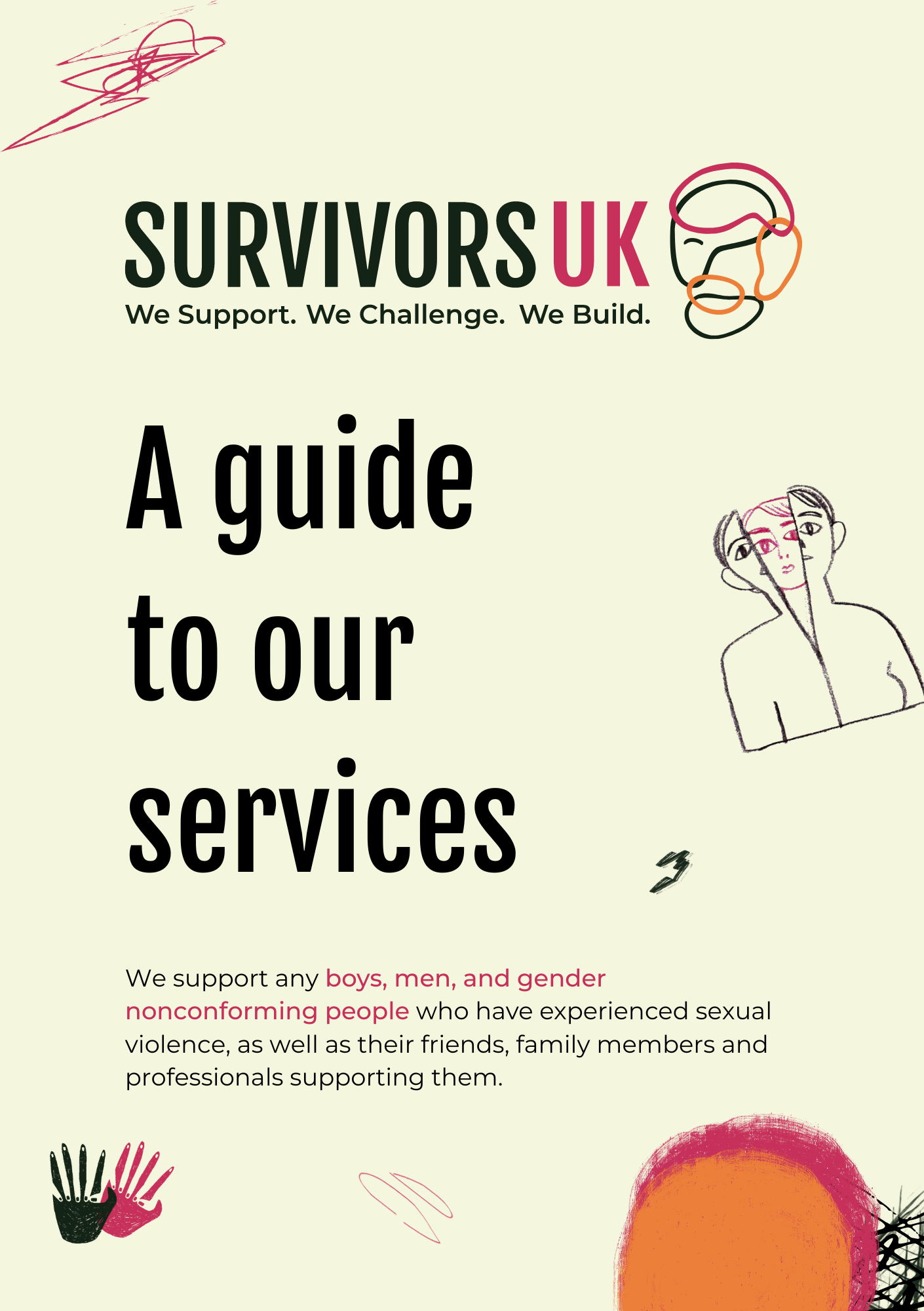A new report published by SurvivorsUK has found that nearly half of gay and bisexual men have experienced sexual assault.
The groundbreaking research is some of the first of its kind looking into gay and bisexual men’s experience of sexual violence in the UK. The research, which was carried out by the polling company Survation and commissioned by SurvivorsUK, also found that of those who reported experiencing sexual violence, nearly 40% felt they could not tell anyone about it.
Reporting rates amongst gay and bisexual men are also particularly low, with only 14% of respondents who experienced sexual assault saying that they had reported it to the police.
Other key findings:
- 45% of gay and bisexual men have experienced sexual assault.
- 37% of gay and bisexual men felt they could not speak to anyone after experiencing sexual assault.
- Over a third of gay and bisexual men reported experiencing sexual assault in a bar or pub.
- Only 14% of respondents who experienced sexual assault reported it to the police. Of those who did report to the police, nearly a third said they felt disbelieved or like their complaint was not taken seriously.
- A quarter of respondents reported that an intimate picture of them was shared by someone with a third party without their consent.
- The majority of respondents said that they felt the LGBTQ+ community was supportive of survivors (32%), and aware of sexual violence (37%), but feelings of dismissal (16%), victim blaming (12%), normalisation (15%) and fetishisation (19%) were also reported.
The report was selected for presentation at the 7th International Conference on the Survivors of Rape.
Methodology
This survey was commissioned by SurvivorsUK and carried out by Survation, a polling and marketing research company. The questions were developed by a working group of SurvivorsUK staff and later refined by Survation. The survey was carried out for five days between August 13th and 18th 2020. The sample was made up of 505 gay and bisexual identifying men. The survey was conducted via online panel. Invitations to complete surveys were sent out to members of the panel. Differential response rates from different demographic groups were taken into account.
About SurvivorsUK
An estimated 12,000 men are raped every year and 76,000 are sexually abused or assaulted. Yet, just 4% of men will ever tell someone and even fewer seek support.
Recent research by Mankind found that at least 1 in 6 men have been sexually abused or assaulted.
SurvivorsUK provides specialist support to cis and trans men, boys, and non-binary people who have been raped, sexually assaulted or abused, at any time in their life.
Our aim is to help any man, boy, or non-binary person to have the confidence to tell someone what’s happened to them, and to know that it’s OK to seek help. When they do, we want to ensure that they have access to the right support so they can deal with the impact of their experiences of harm.
We provide one-to-one counselling, group counselling, independent sexual violence advice (ISVA) through the justice system, and emotional support, information and signposting through a website and national, text-based helpline services, 12pm to 8pm, 7 days a week.
SurvivorsUK has been supporting men and non-binary survivors of sexual violence for 35 years. We know that on average, it takes a man 26 years before they tell someone about their experience. We hope that this research will work to highlight men’s experience of sexual violence, and encourage survivors to seek support.
Comments
SurvivorsUK CEO Alex Feis-Bryce said: “This research highlights the extremely high levels of sexual violence experienced by gay and bi men. If we compare these findings to other recent studies focusing on men overall, gay and bisexual men are more than twice as likely to have experienced sexual violence. As the CEO of an organisation which supports hundreds of gay and bisexual male survivors every year and as a survivor myself, who has experienced sexual violence in queer spaces, I am sadly not surprised by these findings.
“The fact that almost half of gay and bisexual men have experienced sexual violence and more than a third felt they couldn’t tell anyone about it should be of grave concern to us as a society. There is much work to be done to raise awareness about this issue in the LGBTQ+ community and beyond as well as ensuring that the police and criminal justice system, which currently fails so many survivors, is a safe and accessible place for gay and bisexual men. It is absolutely crucial in opening up this challenging discussion that oxygen is not given to any of the dangerous homophobic rape myths which are prevalent in our criminal justice system and blame victims; in particular, the false assumption that gay and bi men are promiscuous so therefore their consent is somehow assumed or has less value.
“Modern sex lives are complex and nuanced, and as a society we tend to view sexual violence in a way that utterly detaches it from our everyday experiences of navigating the modern world of sex and relationships. We need to challenge and raise awareness without stigmatising consensual sex in whatever form it takes.”
London Victims’ Commissioner Claire Waxman said: “This research from SurvivorsUK highlights a sad reality: a large proportion of gay and bisexual men have been subjected to sexual violence and too many are left feeling unable to talk about their experience or seek support.
“I’m clear that all victims must have the confidence to access justice and get the support they deserve. We can and must do more to ensure that these men are empowered to seek the help they need to cope and recover. That’s why the Mayor is investing over £1.7m in the London Survivors Gateway – supporting victims of rape, sexual assault, or any form of sexual violence through its network of specialist partners including SurvivorsUK.
“It’s vital our criminal justice system treats all allegations of sexual violence with the seriousness they deserve, and that everyone from the LGBT+ community feels heard, believed, and well supported.”
Galop CEO Leni Morris said: “Galop has been working with LGBT+ survivors of sexual violence for the last 15 years, and we see every day how invisible gay and bi men who are victims of sexual assault can feel. We also see how few places gay and bi men feel they can safely turn for help – and we know that many will never come forward at all, leaving them to deal with what’s happened to them without professional support.
“With relationship and sex education only recently becoming LGBT+ inclusive in schools, many LGBT+ people have been left to navigate sex, consent, and relationships alone for too long, and the system continues to let down LGBT+ survivors of sexual violence. We must make sure the public narrative around sexual assault includes all victims, and that every survivor of sexual violence is able to access the support they want and need around what has happened to them.”
Case studies:
HUGH
Hugh is a 58 year old cis gendered man who lives alone on the outskirts on London. His father had an alcohol dependency and was physically abusive to Hugh, his mother and his sister. As the eldest child and the son, Hugh felt he needed to protect his mother and sister and excelled at sports; seeking both an escape and a physical prowess which would help him protect his family.
Hugh joined the navy at an early age and again excelled, rapidly rising through the ranks. He got married, as was expected, and had two children to whom he was devoted. Externally Hugh’s life looked successful; his high calibre job in the navy, his marriage, his children all pointed to a happy life, but Hugh knew there was a part of his identity that he had never been able to allow – he is gay.
Hugh ‘came out’ to friends and family at age 48. He left his wife and is estranged from his son whilst still in touch with his daughter. Hugh was overwhelmed with a life not lived and was eager to explore this part of his identity.
Hugh signed up to some gay dating apps. He was aware of the role of drugs in the gay and bi scene and was aware what was within his manageable limits. He met someone with whom he discussed the parameters and all was going well until he was injected, against his will, and then everything became a blur and disconnected. Hugh came to, completely disorientated in time and space but knowing several men had had sex with him while he was not in a position to consent. The room in which he came to had a video camera and the person in the room thanked him for the footage.
JONNY
Jonny is a 22 year old gay man. He was the only child of a single parent family. His mother, who had been sexually abused by her father, had substance misuse difficulties and Jonny was sexually abused from age 11-15 by one of his ‘uncles’ who used to visit his mother’s house. The ‘uncle’ used to give him money and computer games.
As soon as Jonny could leave home, he did so, and he made his way to London. He tried to get a job as a waiter but he found himself working as a sexworker, partly because that was what he had learnt was his worth and partly because that was how he could afford to pay the rent on the room in his shared accommodation.
Four years later Jonny has managed to exit sex work and has got a place in a prestigious music college. He has evaded drugs and has managed to navigate his way out of sex work without a dependence on drugs or alcohol.
But Jonny is left with serious symptoms of PTSD. He experiences night terrors, daytime flashbacks which can sometimes manifest as auditory or visual hallucinations. During these times he is not necessarily able to keep a hold on reality and he has been sectioned on two occasions. Jonny struggles to trust and certainly doesn’t feel he can trustingly enter a relationship.
For more information, please contact our Digital Communications Officer Meka Beresford on [email protected] or 02045263577. For out of hours contact only, please reach SurvivorsUK CEO Alex Feis-Bryce on 07725747247.
The SurvivorsUK National Online Helpline for Male Survivors can be reached from 12pm – 8pm every day via our website (http://survivorsuk.org), by text (020 3322 1860) and by email ([email protected]).

